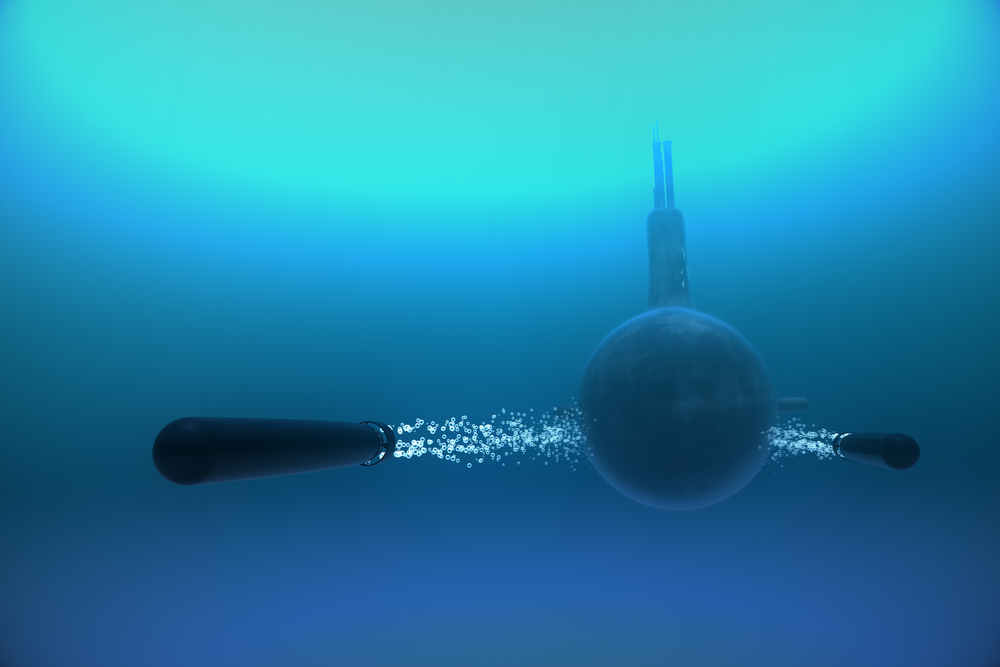When I graduated, my lecturers had me convinced that I was about to be unleashed with cutting edge knowledge.
I wouldn't be doing the radical caries free that could result in you getting a pulp exposure and thus failing your clinical. I would instead be doing the (far more technically difficult) indirect pulp cap,
following after the amazing in vitro studies showing that various substances from GC would remineralise and heal caries without the wanton destruction of tooth, that mindless private practitioners apparently engaged in.
That no one has successfully built a practice that heavily involves doing fillings twice, with risks of irreversible pulpitis is obviously not the point.
Over time, this overconfidence got battered by people returning with pulpitis when the original pulpal status was not entirely clear. Or by people going to another dentist whose radiograph showed that "he didn't remove all decay". Then it turned into underconfidence resulting in me resorting to radical caries removal.
Eventually, I settled into a more stable and responsible use of this technique, which largely works now due to far advanced vision, isolation and hand eye coordination from when I graduated. Getting a very caries free margin, while leaving a some softened dentine is much harder in practice than in theory, which is why most new graduates don't remove caries properly for the first few years of their career. (It is uncertain whether more pulps get saved or lost with this technique in inexperienced hands).
A similar cycle occurs whenever we integrate a new procedure. Overconfidence. Problems. Under-confidence. Then slow oscillations to sensible use
There is a large amount of dentistry that cannot be taught without experience. If you watch someone do an implant never having done one, there is a large amount of the procedure that you do not notice. After doing 100 implants, you will "see" far more. After 1000, watching the same procedure would seem entirely different, as you pick up the nuance and all the little things that the surgeon is doing without thought.
Specialists are not immune. Someone graduating with a masters and restricting their practice, will routinely say after a decade that they were massively overconfident when they started. That is because no oncologist can cure all cancers. No surgeon can get perfect healing in all patients. And no amount of knowledge or reading will guarantee a soft tissue graft will continue to cover the entire surface of a root. No endodontist gets 100% success.
And of course, our personalities are all very different. Some people decide to tackle more difficult cases. Some increase their success rates by refusing many cases. Some follow a narrow band of procedures that are very predictable. Some don't.
I do not have any solution for the cycle of confidence
I just find it helps to keep it in mind.
Perhaps over time I have become more cautious. I talk many procedures down a lot. I've learnt to become worse at selling (being too good at selling often means you create unrealistic expectations).
Of course, those that post and teach have somewhat created the problem. It is very easy to only post our successes. And to disregard our "failures" because of xyz reason why they aren't representative of our dentistry. Those writing literature are not immune of course. They too can retrospectively rewrite the criteria for inclusion to exclude things that were inconvenient.
So I can only suggest:
1. Most things do not work as well as advertised.
2. People excessively optimistic about a procedure are usually lacking insight into their own challenges, or paid by someone to be optimistic.
3. Everyone has painful experiences and goes through confidence cycles.
4. Show things that go wrong. Much more is to be learnt from this than things that go right.
5. Remember that your vast array of patients often fall outside the tight classification of clinical studies.




.jpg)